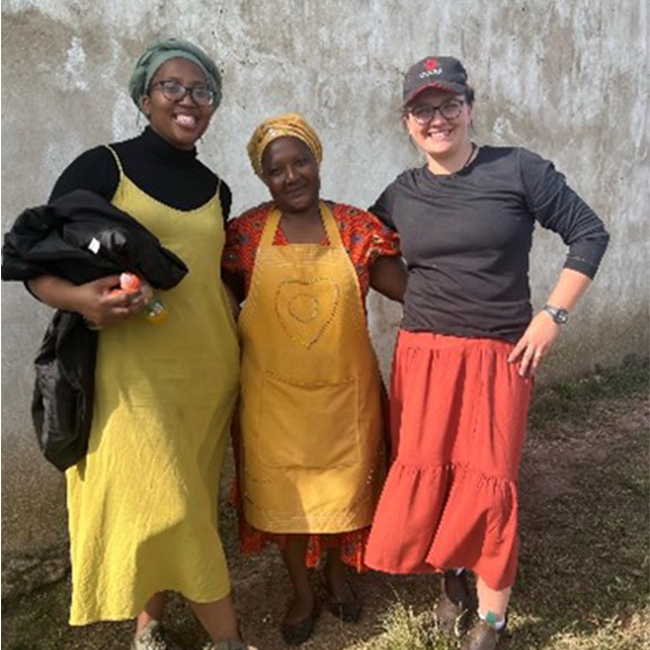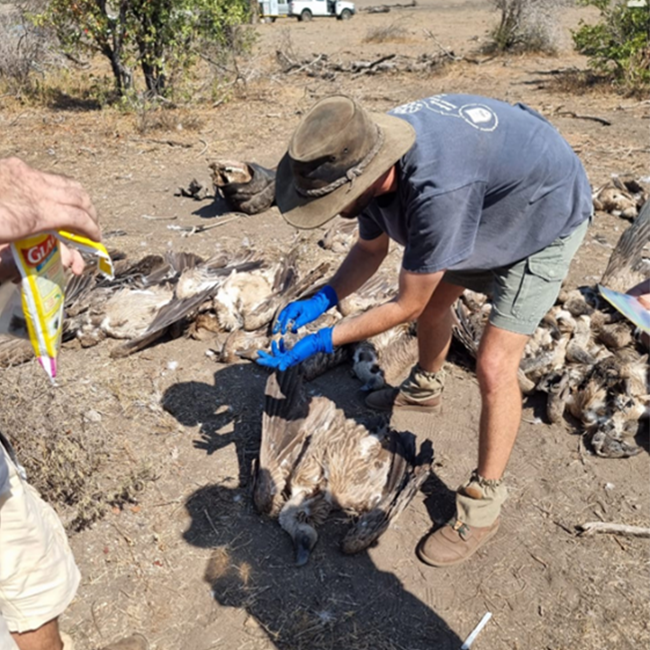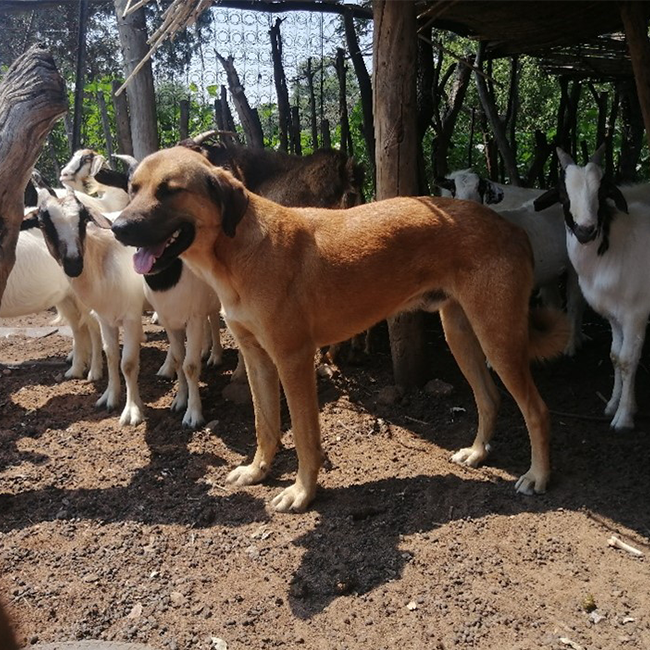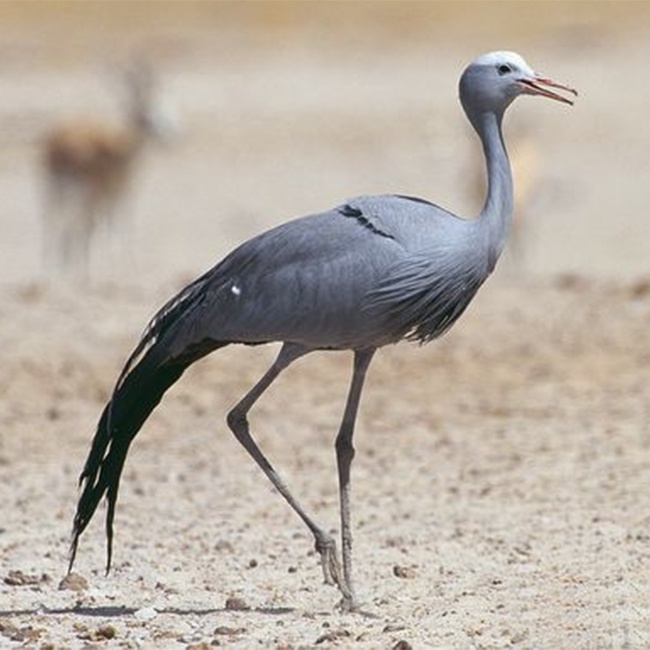
Overcoming fear and embracing the unknown have defined my journey with the Endangered Wildlife Trust’s Birds of Prey Program, where I work alone in remote areas to protect South Africa’s wildlife and promote conservation.

A wildlife field officer’s first mission to rescue poisoned vultures in Kruger National Park ends in hope as two rehabilitated birds are released back into the wild.

After years of protecting South Africa’s rhinos, tracking dogs like Puk enjoy well-deserved retirements as beloved pets, highlighting the importance of their role in combating wildlife crime.

The EWT’s Livestock Guardian Dog Project helps South African farmers reduce predation by using non-lethal methods, significantly decreasing human-wildlife conflict.

Blue Crane populations in South Africa face challenges from habitat threats and powerline collisions, but ongoing conservation efforts and citizen science data offer hope for their recovery.





